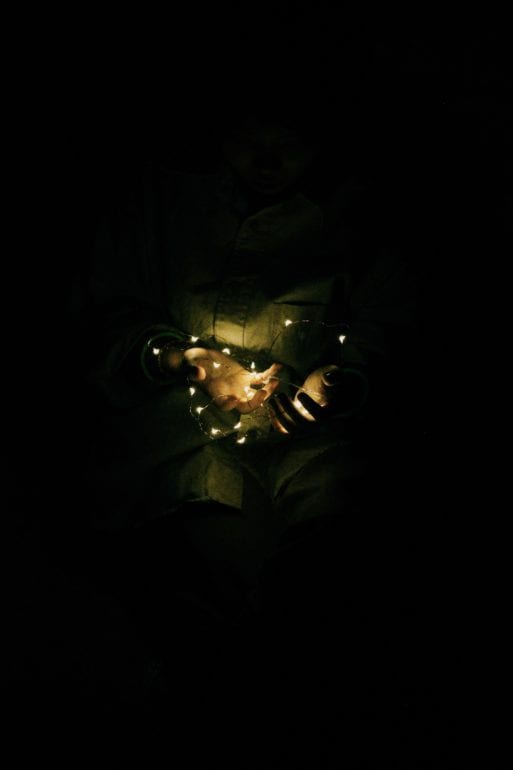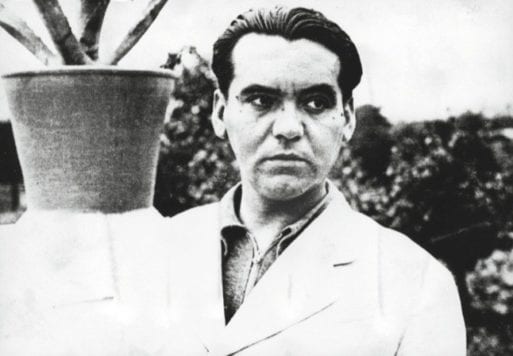
Federico García Lorca was an early 20th-century Spanish poet, active in both music and poetry until his death at the age of 38, when he was executed at the beginning of the Spanish Civil War by Nationalist forces. Influenced by the Modernismo movement of Rubén Dario, his poetry is melodic, almost meditative, and nearly all his works contain some element of overarching sadness and longing.
While the 6-stanza “Corazon Nuevo/New Heart,” (one of his earliest poems, written in Granada in 1918) does paint a picture of past longing, loss, and pain, it also offers a pathway for hope. “New Heart” begins straightforwardly enough with a metaphor stuffed with visual fodder.
Like a snake, my heart
has shed its skin.
I hold it there in my hand,
full of honey and wounds.
The message is clear — his heart is going through a transformation. Here, García Lorca — with his heart’s skin in hands, examines its journey thus far and reflects. As one can imagine, after a lifetime, one’s “heart’s skin” would be one full of bittersweetness — memories both positive and painful, honey and wounds.

Federico García Lorca
Credit: Newyorker.com
He goes on to examine everything that had once been contained in his heart, things he “loved once but love[s] no more!” He sees the beginnings of knowledge and romantic experiences, and the end of naiveté.
I see fetal sciences in you,
mummified poems and bones
of my romantic secrets
and old innocence.
And it is at this point, as he’s examining everything he has learned, loved and lost in this “heart’s skin” García Lorca presents two possible things he can do with this collection of bittersweet memories and unavoidable marks of loss. The first points to closing oneself off, perhaps in protection from the pain:
“Shall I hang you on the wall of
my emotional museum,
beside my dark, chill,
sleeping irises of my evil?
But then, he presents option two:
Or shall I spread you over the pines
— suffering book of my love—
so you can learn about the song
the nightingale offers the dawn.
Here, he offers hope for this heart’s skin, this “suffering book of my love.” Instead of closing it in an emotional museum (or mausoleum), he can allow it to live, grow, and find new meaning and new beauty after the darkness, such as the song the nightingale offers the dawn.

 “New Heart” by Federico García Lorca
“New Heart” by Federico García Lorca



 How To Dispose of a Body In Space
How To Dispose of a Body In Space
 AMA Adopts New Policies Expanding Access to Palliative Care
AMA Adopts New Policies Expanding Access to Palliative Care














